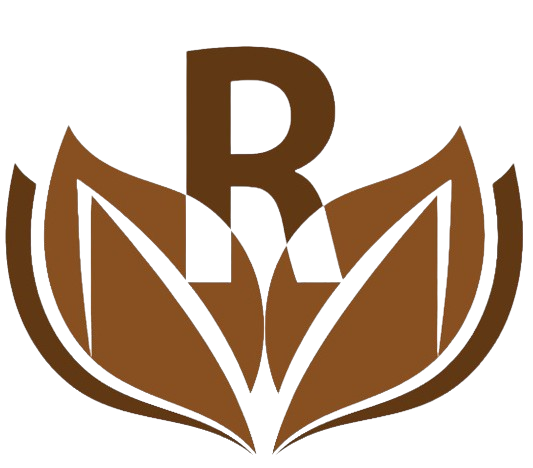Procurement logistics and Supply Chain Management
Purpose
Procurement logistics and Supply Chain Management (SCM) is the process of planning, implementing, and controlling the flow of goods and services from suppliers to customers. It involves the coordination and management of all activities involved in sourcing raw materials, manufacturing products, and delivering them to customers.
Procurement logistics is a subset of SCM that specifically focuses on the sourcing and purchasing of goods and services needed by an organization. It includes identifying potential suppliers, evaluating their capabilities, and negotiating contracts for the purchase of goods and services.
Procurement logistics and SCM aim to optimize the flow of goods and services throughout the supply chain, ensuring that the right products are delivered to the right place at the right time, while minimizing costs and maximizing efficiency. This includes managing inventory levels, transportation and warehousing, and logistics networks.
Course Objectives
- Understanding the fundamentals of SCM and the role of procurement logistics within the overall supply chain process.
- Developing skills for sourcing and purchasing goods and services, including identifying potential suppliers, evaluating supplier capabilities, and negotiating contracts.
- Understanding the importance of inventory management and logistics in supply chain operations, including transportation, warehousing, and distribution.
- Developing knowledge of various supply chain management models and best practices, and learning how to apply them in practice.
- Learning how to use various tools and techniques for supply chain management, such as enterprise resource planning (ERP) systems and logistics management software.
- Learning how to develop and implement effective logistics and supply chain strategies, and evaluate their effectiveness.
- Understanding the impact of global and regional factors on the supply chain, including trade agreements, tariffs and regulations, currency fluctuations and more.
- Understanding the legal and ethical considerations in procurement and supply chain management, including compliance with laws, regulations and sustainability practices.
- Understanding the impact of emerging technologies on procurement logistics and supply chain management, such as artificial intelligence, robotics and blockchain.
- Developing strong analytical and problem-solving skills for addressing complex supply chain challenges and opportunities.
Duration: 10 Days.
Target Audience
- Purchasing managers and buyers
- Logistics and supply chain managers
- Operations managers and coordinators
- Supply chain analysts and planners
- Inventory and warehouse managers
- Manufacturing and production managers
- Transportation and logistics coordinators
- Retail and e-commerce managers
- Supply chain or logistics consultants
- Sourcing and procurement professionals
- Supply chain or logistics directors
- Supply chain or logistics engineers
- Supply chain or logistics IT professionals
- Procurement and supply chain participants
Program Outline
Topic 1.Introduction to SCM and procurement logistics
The importance of managing the flow of goods and services in organizations.
Topic 2.Sourcing and purchasing
Identifying potential suppliers, evaluating supplier capabilities, and negotiating contracts for the purchase of goods and services.
Topic 3. Inventory management
Forecasting, replenishment, and stock control.
Topic 4.Transportation and logistics
Managing the movement of goods and services through the supply chain, including transportation, warehousing, and distribution.
Topic 5. Supply chain planning and control
Demand forecasting, production planning and scheduling, and capacity planning.
Topic 6. Supply chain improvement
Identifying and implementing process improvements, and using performance metrics to measure supply chain performance.
Topic 7. Global and regional factors in supply chain
Trade agreements, tariffs and regulations, currency fluctuations and more.
Topic 8. Supply Chain Technology
ERP systems, logistics management software and other digital tools to manage the supply chain.
Topic 9.Legal and ethical considerations
Procurement and supply chain management, including compliance with laws, regulations and sustainability practices.
Topic 10.Emerging technologies
Trends in procurement logistics and supply chain management, such as artificial intelligence, robotics, and blockchain.
Case studies and practical examples of supply chain management in different industries.
